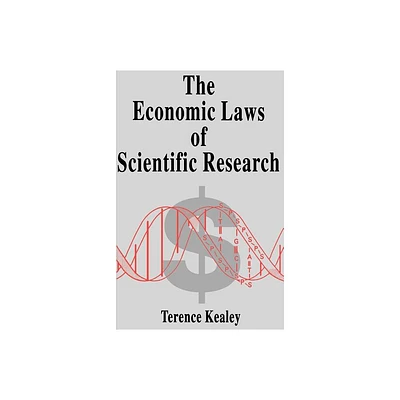Home
Interests and Epistemic Integrity Science: A New Framework to Assess Interest Influences Scientific Research Processes
Loading Inventory...
Barnes and Noble
Interests and Epistemic Integrity Science: A New Framework to Assess Interest Influences Scientific Research Processes
Current price: $103.00


Barnes and Noble
Interests and Epistemic Integrity Science: A New Framework to Assess Interest Influences Scientific Research Processes
Current price: $103.00
Loading Inventory...
Size: Hardcover
*Product Information may vary - to confirm product availability, pricing, and additional information please contact Barnes and Noble
Scientific research is often influenced by financial interests, political interests, or personal career interests of the scientists involved. For instance, the pharmaceutical giant Merck manipulated clinical trial data in order to make sure that data confirmed the safety of one of its products, Vioxx, in order to serve the company’s short-term commercial interests. This case is obviously unacceptable. But why exactly is it unacceptable? One way to account for this judgment is on the basis of the ideal of purity. According to this ideal, scientific decision-making should be pure— that is, unaffected by financial interests, political interests, career interests, and so on. Although this ideal is questionable, many people (including philosophers of science) still hold on to it. In Interests and Epistemic Integrity in Science: A New Framework to Assess Interest Influences in Scientific Research Processes, Jan De Winter first argues that it is better to fully abandon the ideal of purity, then proposes an alternative ideal to assess interest influences in science: the ideal of epistemic integrity. He spells out and systematically defends a new concept of epistemic integrity, using it not only to analyze the Vioxx debacle, but also to identify unacceptable interest influences in aerospace science, climate science, and biology, and to explain exactly why these interest influences are unacceptable. These analyses make a compelling case for the new concept of epistemic integrity which will be interesting and useful for philosophers of science, scientists, engineers, science policymakers, and anyone else concerned about the integrity of science.


















